Description
Cetirizine is classified as an antihistamine medication that aids in alleviating allergy symptoms.
This medicine effectively treats hayfever symptoms, including sneezing, runny nose, burning sensations, and itchy eyes, as well as skin allergies such as rashes, itching, and hives (urticaria).
Before using Cetirizine, avoid its use if you have hypersensitivity to cetirizine hydrochloride or any of its components, serious kidney issues, or lactose intolerance.
It’s crucial to discuss your medical history, particularly if you have renal problems, epilepsy, or factors that could lead to urinary retention, as Cetirizine may increase this risk.
Refrain from consuming alcoholic beverages during the course of this medication.
Regarding interactions with other medicines, Cetirizine is not generally expected to interfere with them.
Nonetheless, it’s prudent to inform your doctor or pharmacist about any medications you are currently taking or have recently taken.
When using Cetirizine, follow the prescribed dosage based on age and symptom severity.
For adults and children above 12 years, the daily dosage typically ranges from 5 to 10 mg, while for children between 2 and 12 years, it is usually 5 mg daily, adjusted as per the severity of symptoms and renal impairment, if applicable.
The duration of treatment depends on the nature, duration, and progress of your symptoms.
If you are pregnant or breastfeeding, avoid using this medication.
While the occurrence of side effects is rare or very rare, it is crucial to discontinue the medicine and seek immediate medical attention if you experience allergic reactions, severe reactions, or angioedema (swelling of the face or throat).
These reactions may manifest soon after taking the medicine or may be delayed.
Keep Cetirizine out of reach and sight of children and do not use it after the expiry date mentioned on the packaging.
There are no special storage conditions required for this medicine.



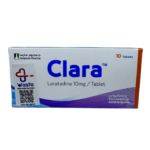
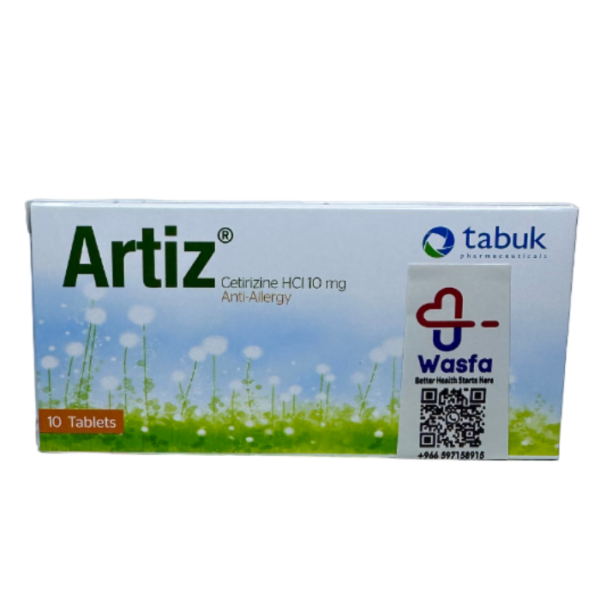
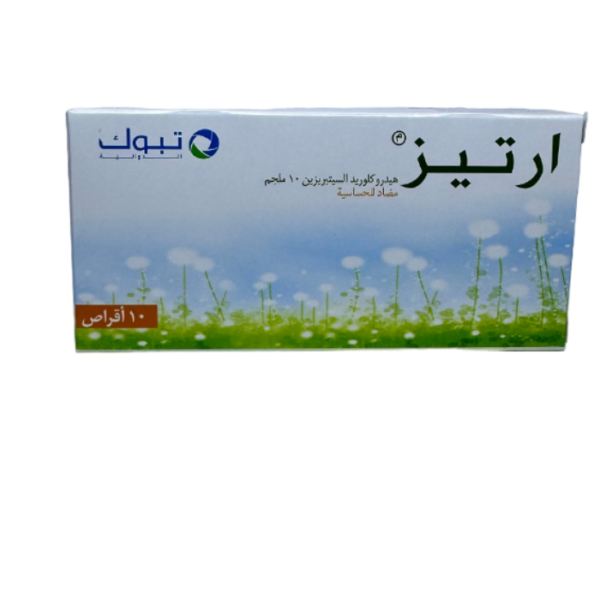
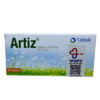
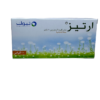
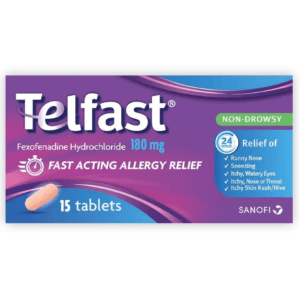
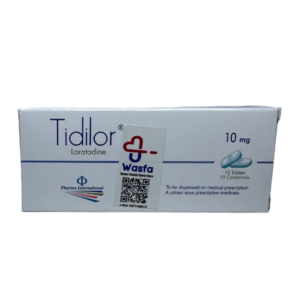
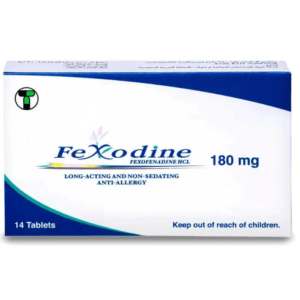
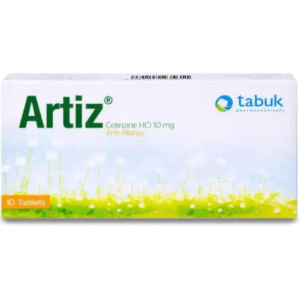
Reviews
There are no reviews yet.